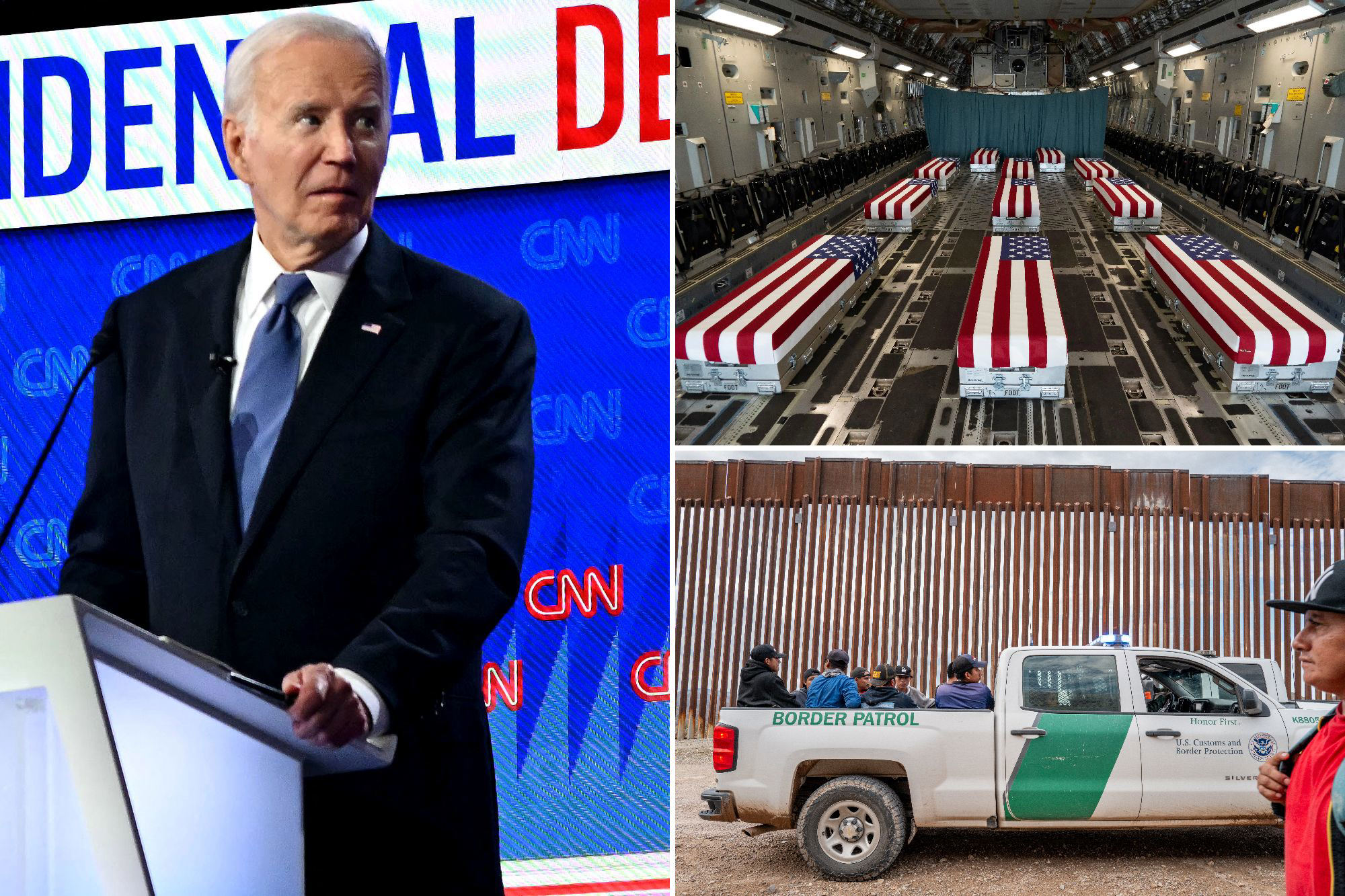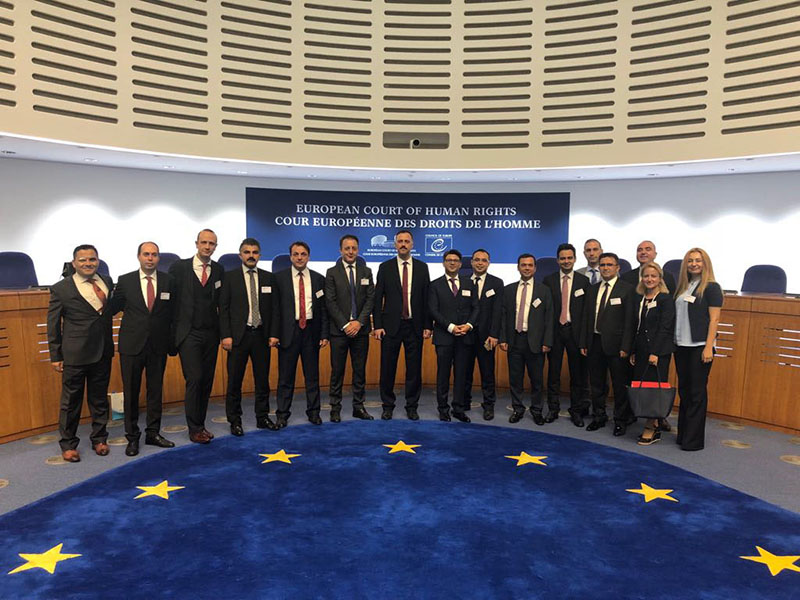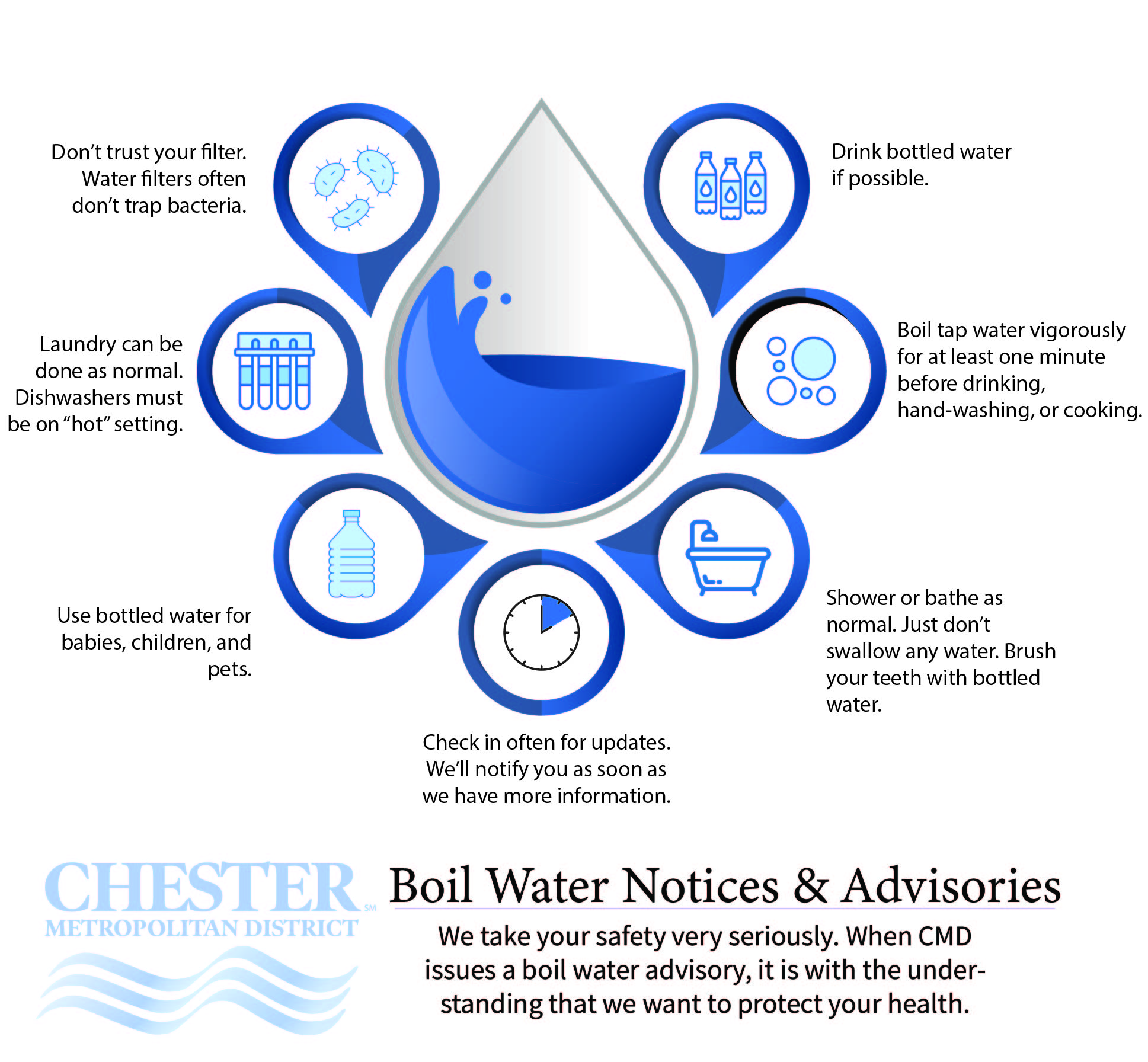Analyzing President Biden's Public Statements And Denials

Table of Contents
Presidential communication profoundly shapes public perception and policy. Analyzing President Biden's public statements and denials is crucial for understanding his administration's actions and their impact on the nation. This article aims to critically examine specific instances of President Biden's public pronouncements and subsequent denials, exploring the context, implications, and potential effects on public trust and political discourse. We will delve into key controversies, analyzing the methods used in responding to criticisms and assessing their effectiveness, ultimately exploring the role of fact-checking and media accountability in this process. This deep dive into Biden's rhetoric will examine the interplay between political statements, fact-checking Biden, and the evolving public narrative.
H2: Key Controversies and Public Statements Requiring Scrutiny
President Biden's tenure has been marked by several controversies stemming from his public pronouncements. These statements, often delivered in informal settings or during press conferences, have sparked intense debate and scrutiny. Let's examine some key examples:
-
Bullet point 1: The withdrawal from Afghanistan (August 2021): President Biden's statements regarding the timeline and execution of the withdrawal from Afghanistan faced significant criticism. Initial promises of a smooth and orderly withdrawal contrasted sharply with the chaotic scenes witnessed at Kabul airport. [Link to relevant news source 1] [Link to relevant news source 2] The resulting public reaction ranged from outrage to concern about the safety of Afghan civilians and the implications for US foreign policy.
-
Bullet point 2: Remarks on the Inflation Reduction Act (2022): Statements made by President Biden about the impact and projected cost savings of the Inflation Reduction Act generated considerable debate. Opponents argued that the act would not significantly reduce inflation or achieve projected savings. [Link to relevant news source 3] [Link to relevant news source 4] The ensuing discussion highlighted the challenges of translating complex legislative proposals into easily digestible public narratives.
-
Bullet point 3: Comments on the southern border (2023): President Biden's statements concerning the situation at the US-Mexico border have frequently been challenged, with critics pointing to inconsistencies between his words and the realities on the ground. [Link to relevant news source 5] [Link to relevant news source 6] These remarks sparked intense political debate, highlighting the complexities of addressing immigration challenges.
H2: Analyzing the Denials: Methods and Effectiveness
The Biden administration has employed various strategies to address criticisms arising from the President's public statements. These range from direct denials to more nuanced attempts at narrative control.
H3: Direct Denials: In some instances, the administration has issued direct denials of claims made against the President. For example, [insert specific example with quote and analysis of its effectiveness]. However, the effectiveness of direct denials often depends on the credibility of the source and the availability of supporting evidence.
H3: Shifting the Narrative: Other times, the administration has attempted to shift the focus away from the original statement by providing alternative explanations or raising counter-arguments. [Insert specific example, analyzing how the narrative shifted and evaluating its success]. This approach can be effective in diverting attention but may be perceived as evasive if not handled carefully.
H3: Lack of Direct Response: In certain cases, the administration has chosen not to directly address criticisms, allowing the controversy to fade or hoping the public will lose interest. [Insert specific example and discuss the strategic implications]. This strategy can be risky, allowing negative narratives to solidify without official refutation.
H2: Impact on Public Opinion and Trust
President Biden's statements and the subsequent responses have undeniably affected public opinion and trust in his administration.
H3: Polling Data Analysis: Numerous polls have tracked public opinion on issues related to these controversies. [Cite relevant polling data showing changes in public opinion, linking to the source]. This data reveals fluctuations in approval ratings, illustrating the impact of presidential communication on public sentiment.
H3: Media Coverage and Framing: The media plays a vital role in shaping public perception. Different news outlets have framed President Biden's statements and denials in varying ways, influencing how the public interprets these events. [Discuss specific examples of media framing and its influence].
H3: Social Media Sentiment: Social media provides a real-time barometer of public opinion. Analyzing hashtags and keywords related to these controversies reveals a range of sentiments, from supportive to critical. [Discuss examples and analyze the overall sentiment].
H2: The Role of Fact-Checking and Media Accountability
Independent fact-checking organizations play a critical role in verifying the accuracy of political statements.
-
Bullet point 1: Organizations like PolitiFact and FactCheck.org have extensively reviewed President Biden's statements. [Link to specific examples of fact-checks]. Their assessments provide valuable context for citizens attempting to navigate complex political narratives.
-
Bullet point 2: Fact-checking in the context of political rhetoric presents unique challenges. Nuance, intention, and context can all make accurate assessments difficult.
-
Bullet point 3: A free and responsible press is essential for holding power accountable. Investigative journalism and critical reporting are crucial for exposing inaccuracies and ensuring transparency in government.
3. Conclusion: The Ongoing Importance of Analyzing President Biden's Public Statements and Denials
Analyzing President Biden's public statements and denials is crucial for understanding his administration's policies and their impact on the public. This analysis highlights the diverse strategies employed by the administration to respond to criticisms and the significant effects these communications have on public opinion and trust. The role of fact-checking organizations and a responsible press in maintaining accountability is paramount. Continue analyzing President Biden's public statements and denials to form your own informed opinions and to foster a well-informed citizenry. Further research into the impact of presidential rhetoric on voting behavior and policy outcomes can deepen our understanding of this vital aspect of American politics.

Featured Posts
-
 Dallas Stars Clinch Series Advantage Johnstons Blazing Fast Goal
May 15, 2025
Dallas Stars Clinch Series Advantage Johnstons Blazing Fast Goal
May 15, 2025 -
 Burak Mavis In Akkor Davasi Avrupa Insan Haklari Mahkemesi Ve Karma Evlilik Senaryolari
May 15, 2025
Burak Mavis In Akkor Davasi Avrupa Insan Haklari Mahkemesi Ve Karma Evlilik Senaryolari
May 15, 2025 -
 Pimbletts Fiery Response To Critics Post Chandler Fight At Ufc 314
May 15, 2025
Pimbletts Fiery Response To Critics Post Chandler Fight At Ufc 314
May 15, 2025 -
 What Is Creatine And Should You Take It A Complete Guide
May 15, 2025
What Is Creatine And Should You Take It A Complete Guide
May 15, 2025 -
 Boil Water Notice Pulaski Residents Affected Until Saturday
May 15, 2025
Boil Water Notice Pulaski Residents Affected Until Saturday
May 15, 2025
